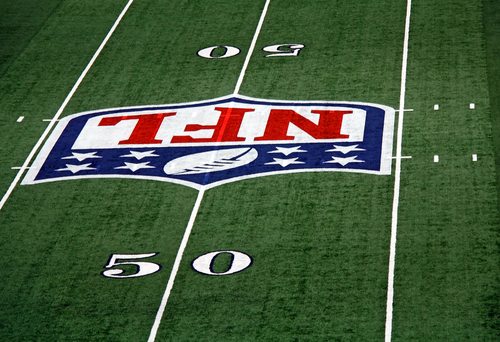
Ken Durden / Shutterstock.com
June 16, 2012; Source: The Progressive
The National Football League (NFL), which we have previously noted is a unique breed of tax-exempt 501(c) organization, especially given that it raked in $9 billion in revenue in 2010, is facing “the largest lawsuit in the history of professional sports,” according to sports writer Dave Zirin. A complaint from upwards of 2,000 retired NFL players states that “the league had direct knowledge that repeated head trauma could lead to everything from Alzheimer’s to ALS (Lou Gehrig’s disease) and that the league hid this knowledge from players.” The NFL claims that it has long been concerned about the problem of head trauma and has done plenty “to better protect players and advance the science and medical understanding of the management and treatment of concussions.”
Sign up for our free newsletters
Subscribe to NPQ's newsletters to have our top stories delivered directly to your inbox.
By signing up, you agree to our privacy policy and terms of use, and to receive messages from NPQ and our partners.
This issue has come up before, including at a February 2010 U.S. House of Representative roundtable about the NFL’s tax status chaired by Rep. Maxine Waters (D-Calif.). At the hearing, Waters (whose husband, Sid Williams, played in the NFL for six years) discussed the NFL’s treatment of former players who had suffered debilitating brain injuries as a result of their years in the league, charging the league with neglect of these former pros. She said that the NFL mistreated Mike Webster, a former player with the Pittsburgh Steelers who died from dementia at the age of 50. “They threw him away like a rotten piece of meat,” Waters said at the time. “Why could he not get taken care of by the NFL?”
Now, Zirin reports that the “players have a steep hill to climb in proving their claims.” Comparing this case to litigation showing that tobacco companies knew about the poisons they were facilitating into people’s lungs, Zirin thinks that the former players might need a similar whistleblower from within the NFL, past or present, to help make their case. You may remember that in the tobacco litigation, that whistleblower was Jeffrey Wigand, a former vice president of Brown & Williamson who oversaw research and development and testified against the industry, helping to make the case that the tobacco companies knew what they were doing to the health of the American public (as was dramatized in the Hollywood film The Insider).
Worth noting, however, is that the tobacco companies made no pretense that they were operating as tax-exempt organizations. While not a 501(c)(3) public charity, the National Football League and several affiliated organizations do operate with 501(c) tax exemptions. Does it matter that the NFL is a tax-exempt entity when considering charges that it placed thousands of the employees of its affiliates under the threat of serious brain trauma? Or should the American public see this case as sports business as usual, with the idea that the gladiators should have known the risks they were taking for the public’s entertainment and the teams’ profits?—Rick Cohen













